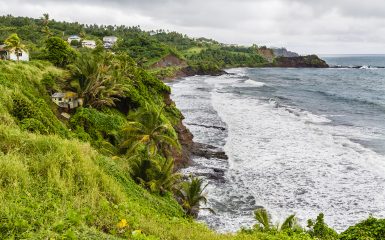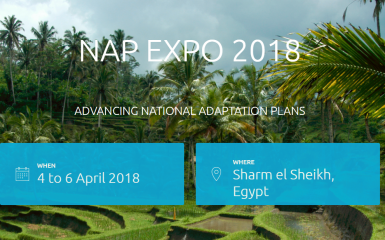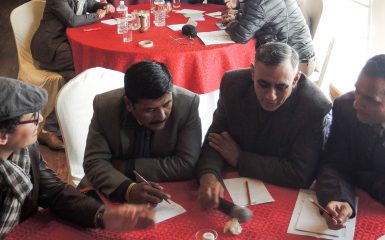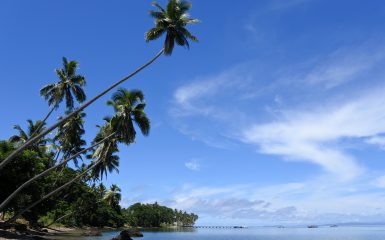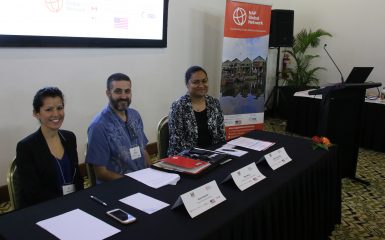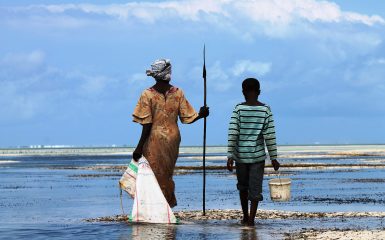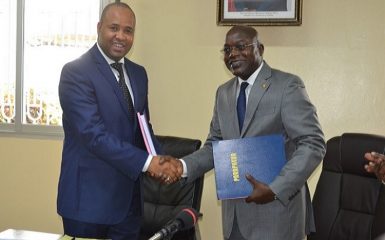This blog was originally published on CCAFS’s website. A degree of future climate change is inevitable, making adaptation measures indispensable. However, as many countries already face the challenges of poverty, hunger, gender inequality and unemployment, it is important to align adaptation and development efforts. To support this alignment, the Parties to the United Nations Framework Convention on […]
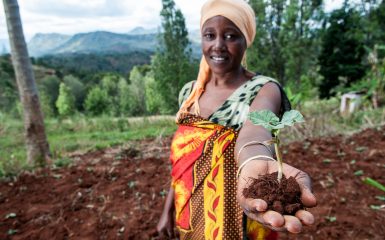
10 best-bet innovations for agriculture in National Adaptation Plans
By Fabian Verhage, CGIAR Research Program on Climate Change, Agriculture and Food Security (CCAFS)

